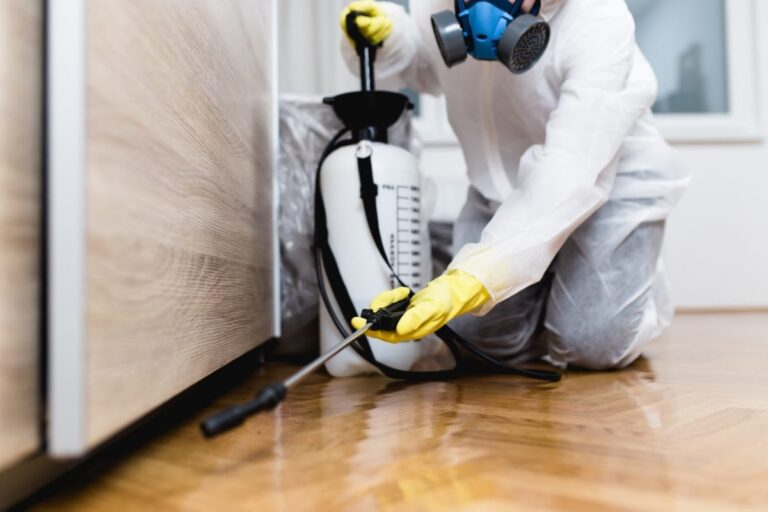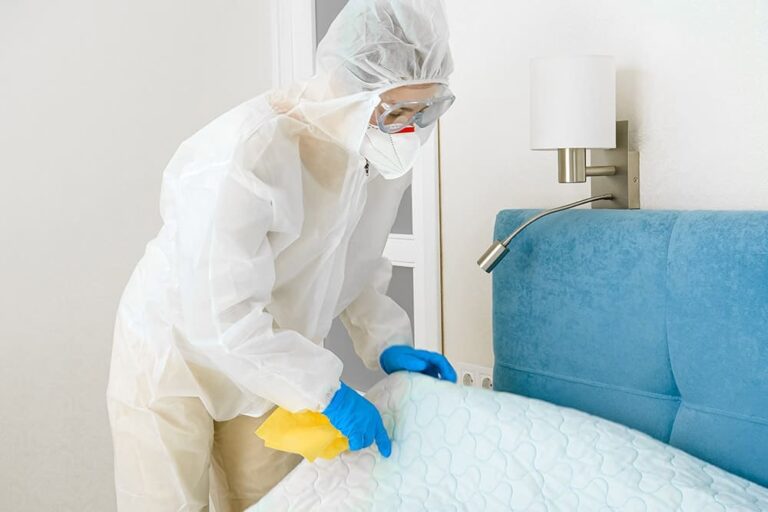Clean air is essential for maintaining good health and overall well-being. In today’s modern world, the quality of the air we breathe has significantly deteriorated due to pollution from various sources such as industrial emissions, vehicle exhaust, and indoor pollutants. As a result, the demand for air purifiers has skyrocketed in recent years, as people become more aware of the detrimental effects of polluted air on their health.

The Need for Air Purifiers
Air purifiers play a crucial role in improving indoor air quality by eliminating harmful pollutants and allergens. These devices are equipped with advanced filtration systems that capture and remove particles, such as dust, pollen, pet dander, and even bacteria and viruses, from the air. By doing so, air purifiers help reduce the risk of respiratory problems, allergies, and other health issues caused by poor air quality.
Furthermore, air purifiers are particularly beneficial for individuals with respiratory conditions such as asthma or allergies. These conditions can be aggravated by airborne pollutants, making it essential to have a clean and healthy environment indoors. Air purifiers provide an effective solution by removing these irritants from the air, creating a safer and more comfortable living space.
Types of Air Purifiers
Modern air purifiers come in various types, each with its own unique features and benefits. Some of the most common types include:
- High-Efficiency Particulate Air (HEPA) Filters: These filters are highly effective in removing airborne particles as small as 0.3 microns, ensuring cleaner air.
- Activated Carbon Filters: These filters are designed to absorb odors, gases, and chemicals, making them ideal for eliminating unpleasant smells and harmful volatile organic compounds (VOCs).
- Ionizers: Ionizers release negatively charged ions into the air, which attach themselves to positively charged particles, causing them to settle down and be easily removed from the air.
- UV-C Light Purifiers: These purifiers use ultraviolet (UV) light to kill bacteria, viruses, and other microorganisms, providing an additional layer of protection against airborne pathogens.
Considerations when Choosing an Air Purifier
When selecting an air purifier, it’s important to consider factors such as the size of the room, the specific pollutants you want to target, and the noise level of the device. Additionally, checking the Clean Air Delivery Rate (CADR) can provide insight into the efficiency of the purifier in removing airborne particles.
It’s also worth noting that regular maintenance is crucial to ensure the optimal performance of an air purifier. Filters should be replaced according to the manufacturer’s instructions, and the device should be cleaned regularly to prevent the build-up of dust and other particles.
Clean air is vital for our health and well-being, and modern air purifiers play a significant role in ensuring the air we breathe is free from harmful pollutants. With their advanced filtration systems and various purification methods, air purifiers provide a practical solution for improving indoor air quality and reducing the risk of respiratory problems. By choosing the right air purifier and maintaining it properly, we can create a healthier and more comfortable living environment for ourselves and our loved ones.












